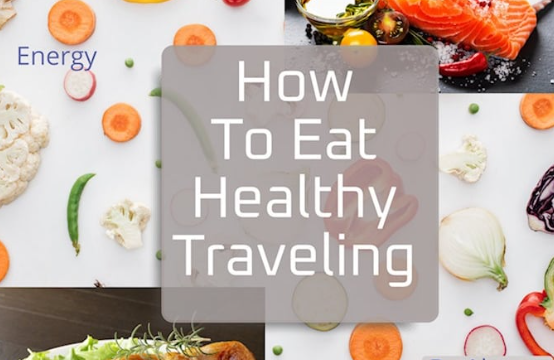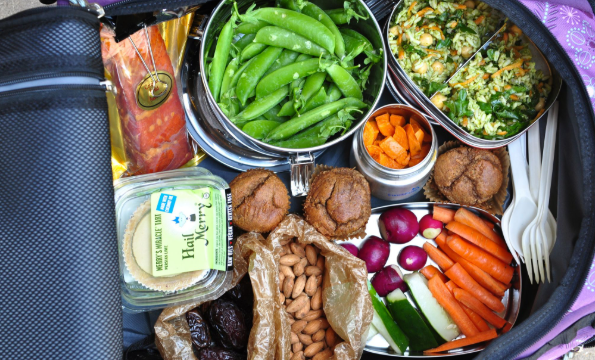There’s a common belief that eating organic is a luxury reserved for those with big budgets. While organic products can sometimes be more expensive than their conventional counterparts, this doesn’t mean they’re out of reach for everyday consumers. With growing demand and broader availability, organic food is becoming more accessible across income levels. Here’s why organic eating isn’t just for the wealthy—and how anyone can make it part of their lifestyle.
1. More Affordable Options Are Available
Major grocery chains now offer affordable organic store brands, and discount retailers often stock certified organic staples like beans, pasta, and produce. As the organic market grows, competition has helped lower prices and expand access.
2. Seasonal and Local Shopping Saves Money
Buying organic produce in season and from local farmers’ markets or community-supported agriculture (CSA) programs can be more cost-effective. These sources often offer fresher products at lower prices compared to out-of-season or imported items.
3. Prioritizing Key Items Makes It Doable
Eating 100% organic may not be practical for every budget, but focusing on high-impact items—like those on the Environmental Working Group’s “Dirty Dozen” list—can help reduce exposure to pesticide residues without overspending.
4. Cooking at Home Reduces Overall Costs
Preparing meals at home with organic ingredients is typically less expensive than dining out or buying pre-packaged organic meals. Meal planning and cooking in batches can stretch your grocery budget while keeping your meals clean and healthy.
5. Bulk Buying and Freezing Cuts Costs
Buying organic grains, legumes, and produce in bulk can significantly reduce the per-unit cost. Freezing surplus fruits and vegetables ensures nothing goes to waste and provides organic options year-round.
6. Food Assistance Programs Support Organic Choices
Some local and federal food assistance programs now include farmers’ markets and organic produce as eligible options. Programs like Double Up Food Bucks can double the value of SNAP benefits when used on fresh fruits and vegetables.
7. Health Investments Pay Off Long-Term
Choosing organic may help reduce exposure to certain chemicals and preservatives, supporting better long-term health. For some, this investment in clean eating is viewed as a preventative measure that may reduce medical costs over time.
Final Thoughts
Organic food is no longer exclusive to upscale grocery stores or premium brands. With the right strategies, people from all financial backgrounds can incorporate organic choices into their diets. It’s about making informed, intentional decisions—not perfection. Eating better can be accessible, affordable, and achievable—one smart choice at a time.






